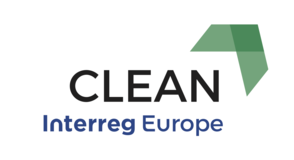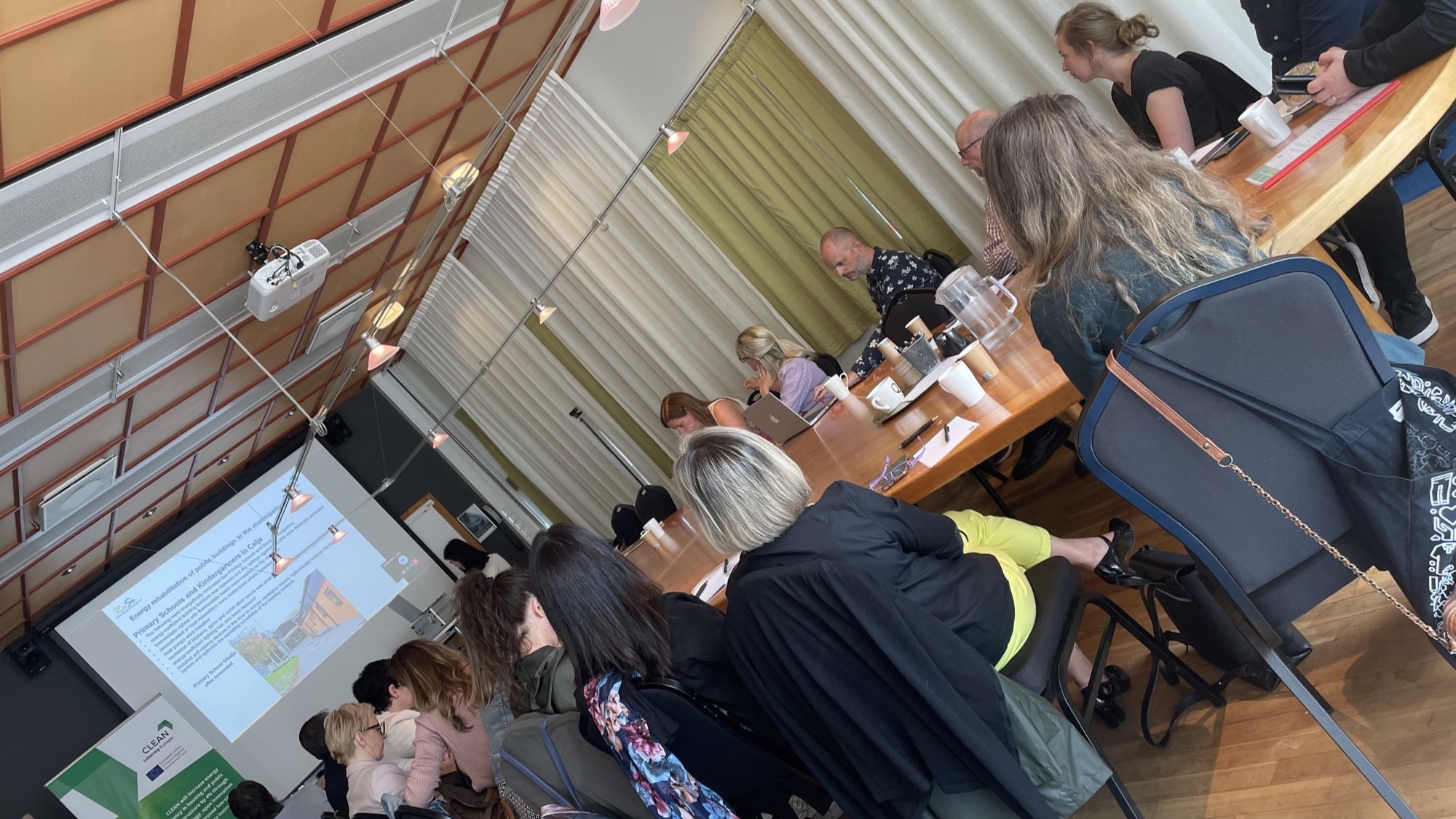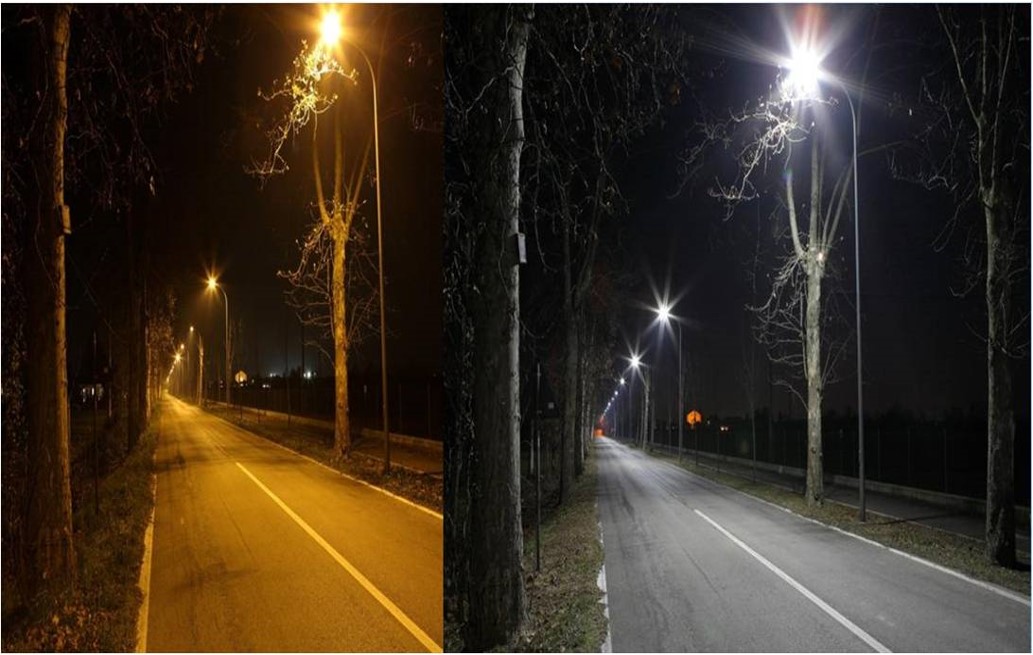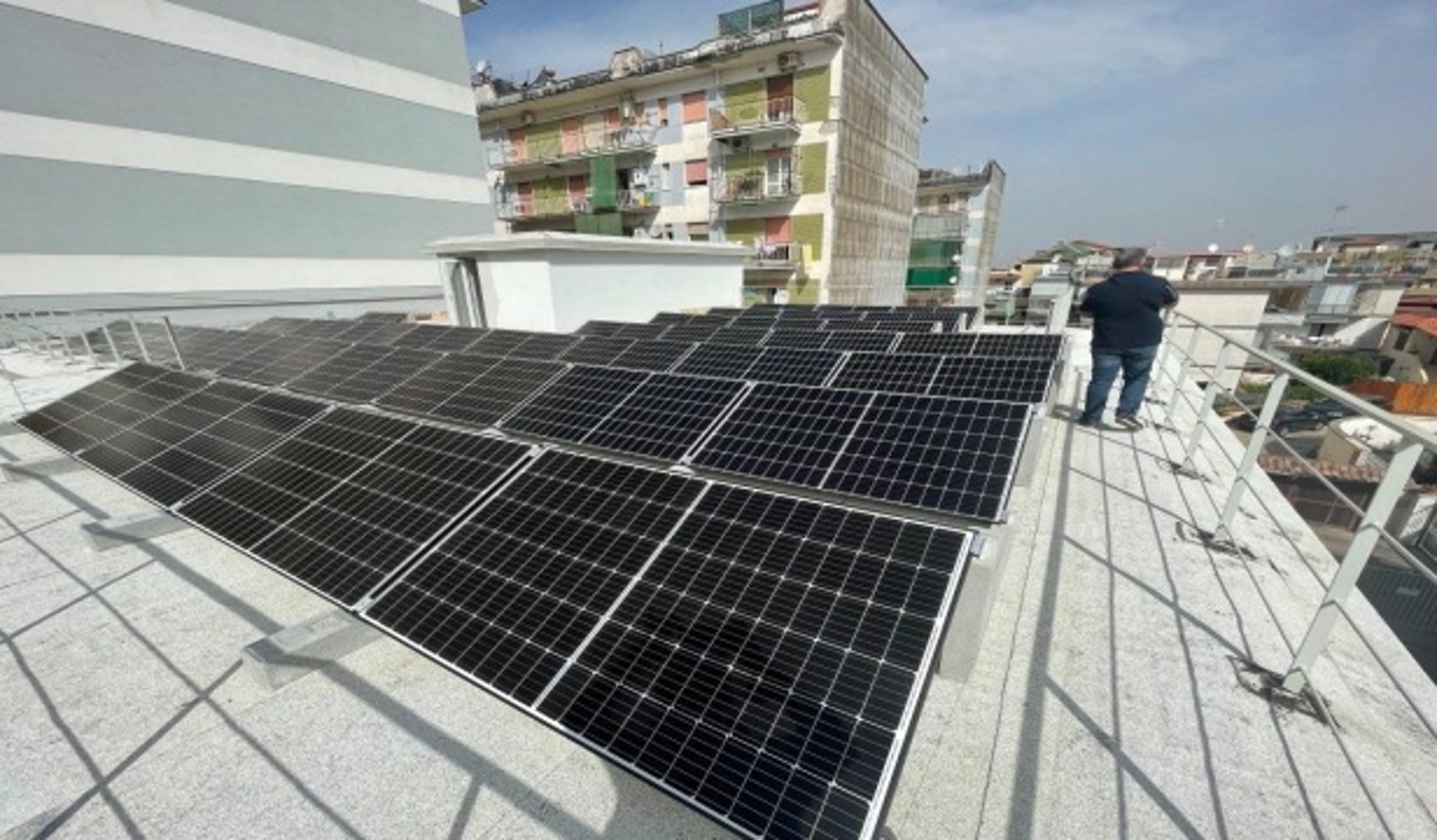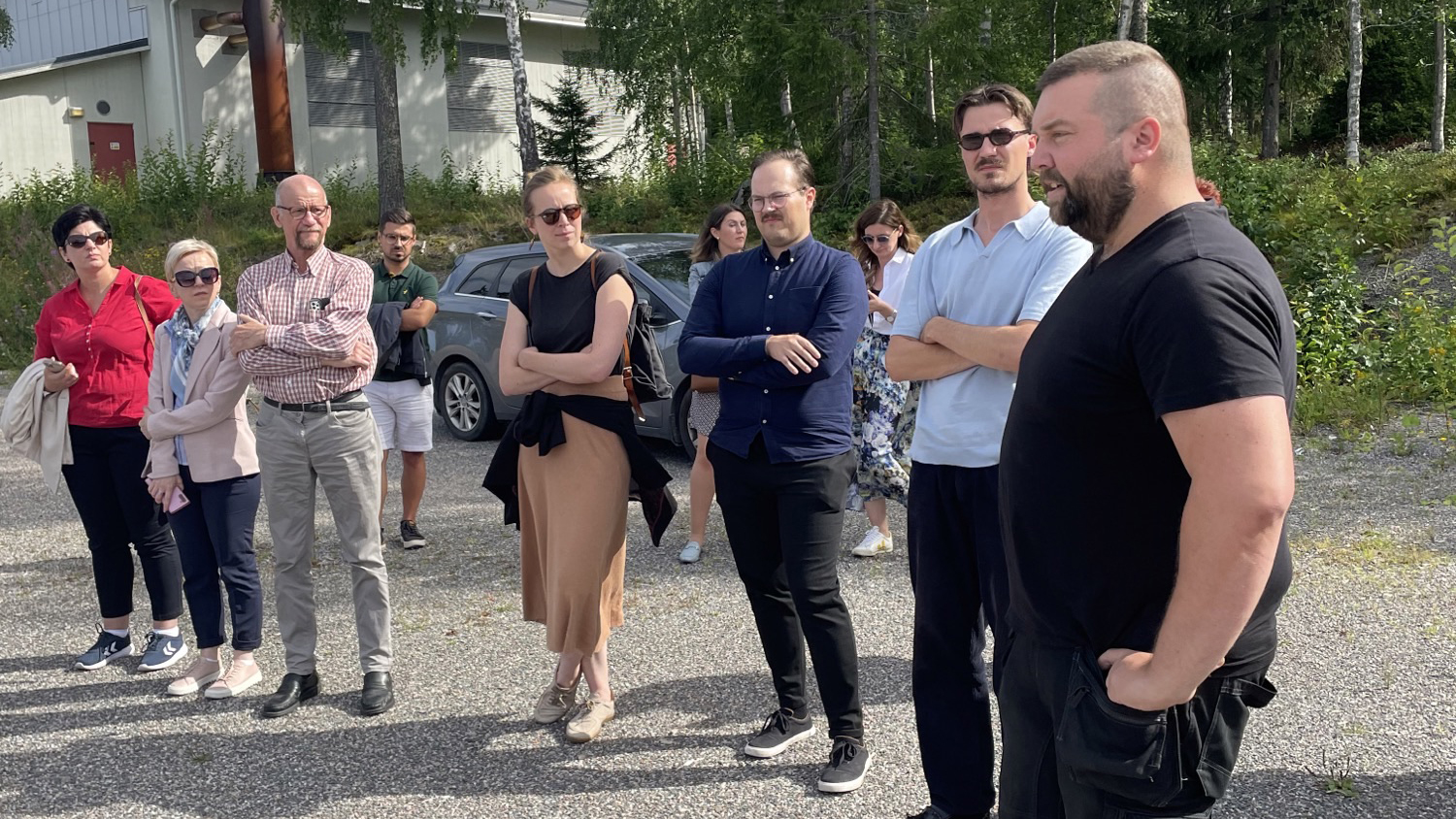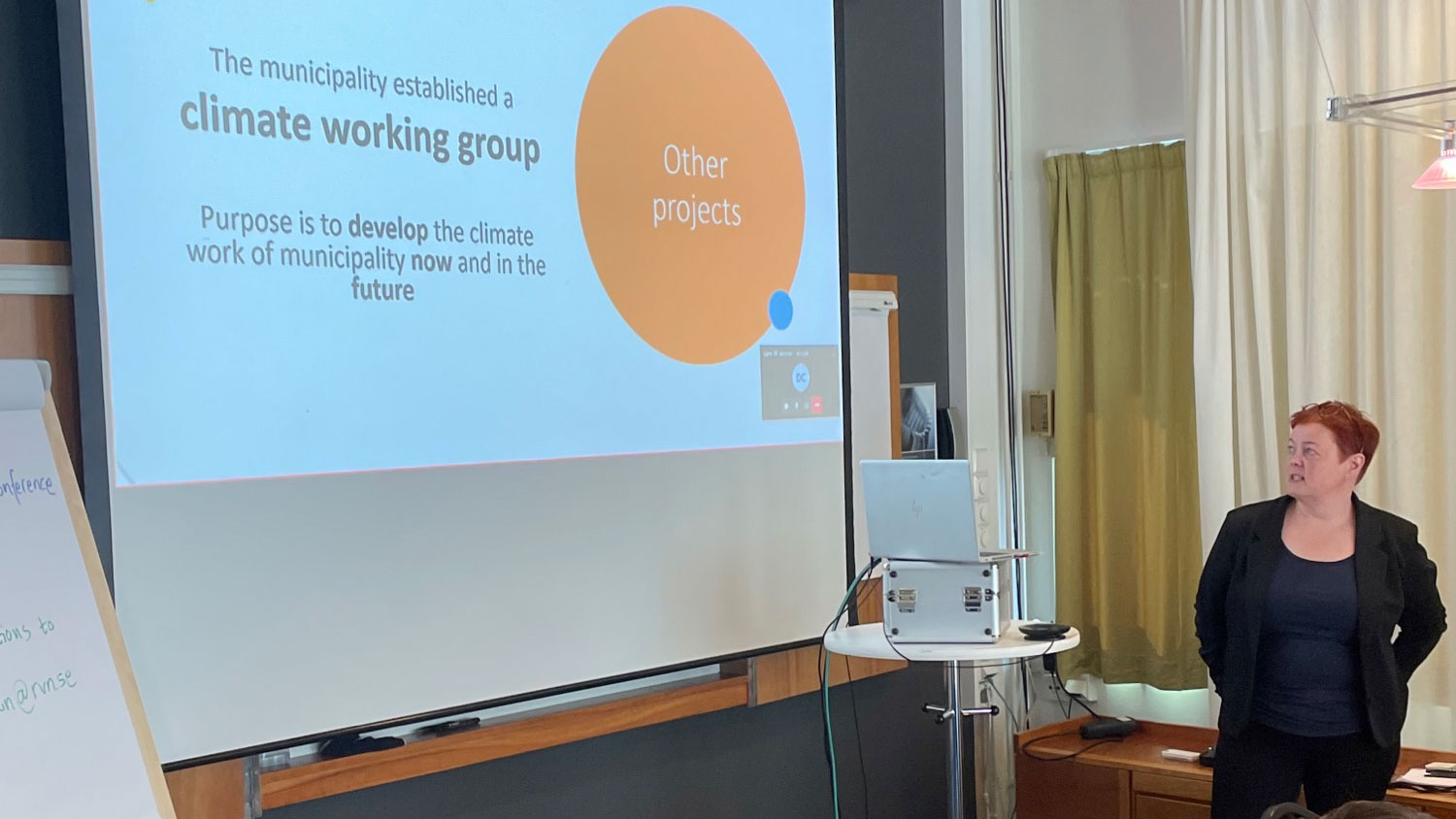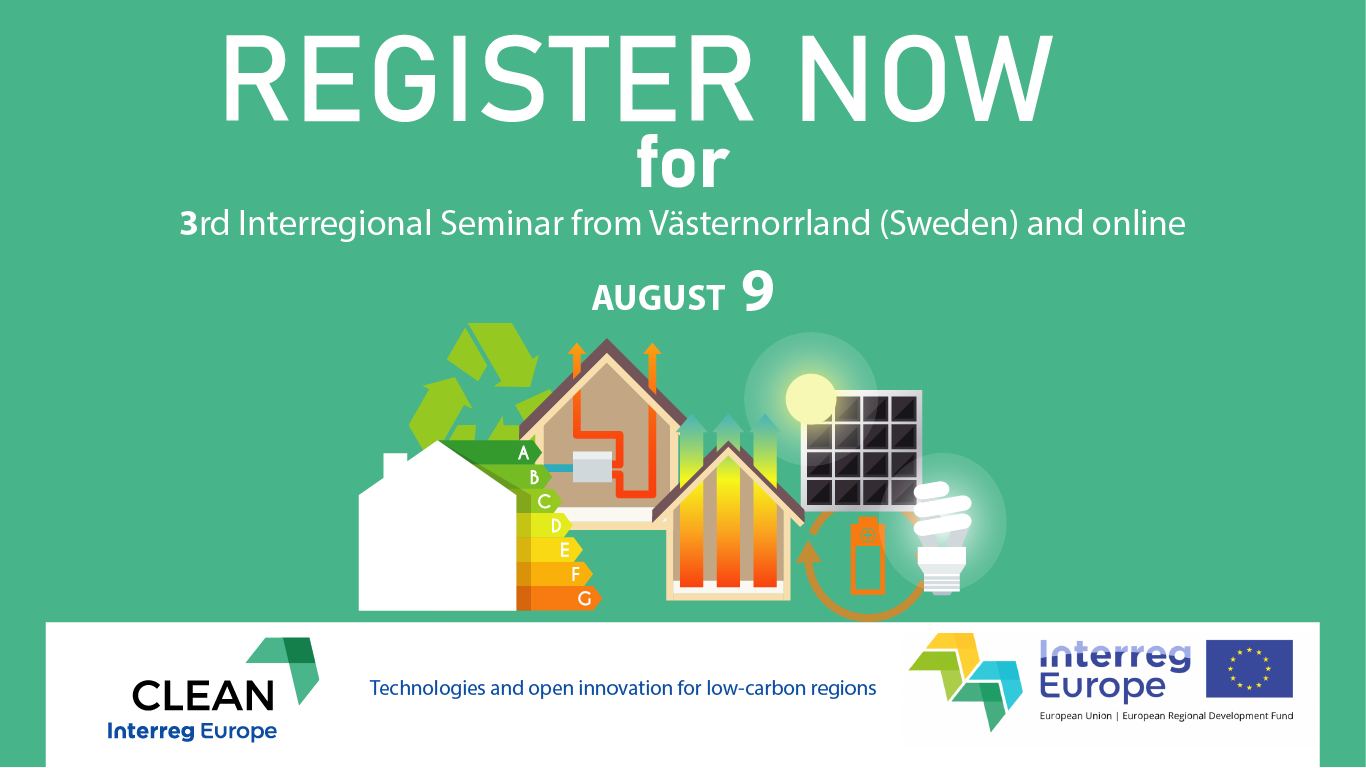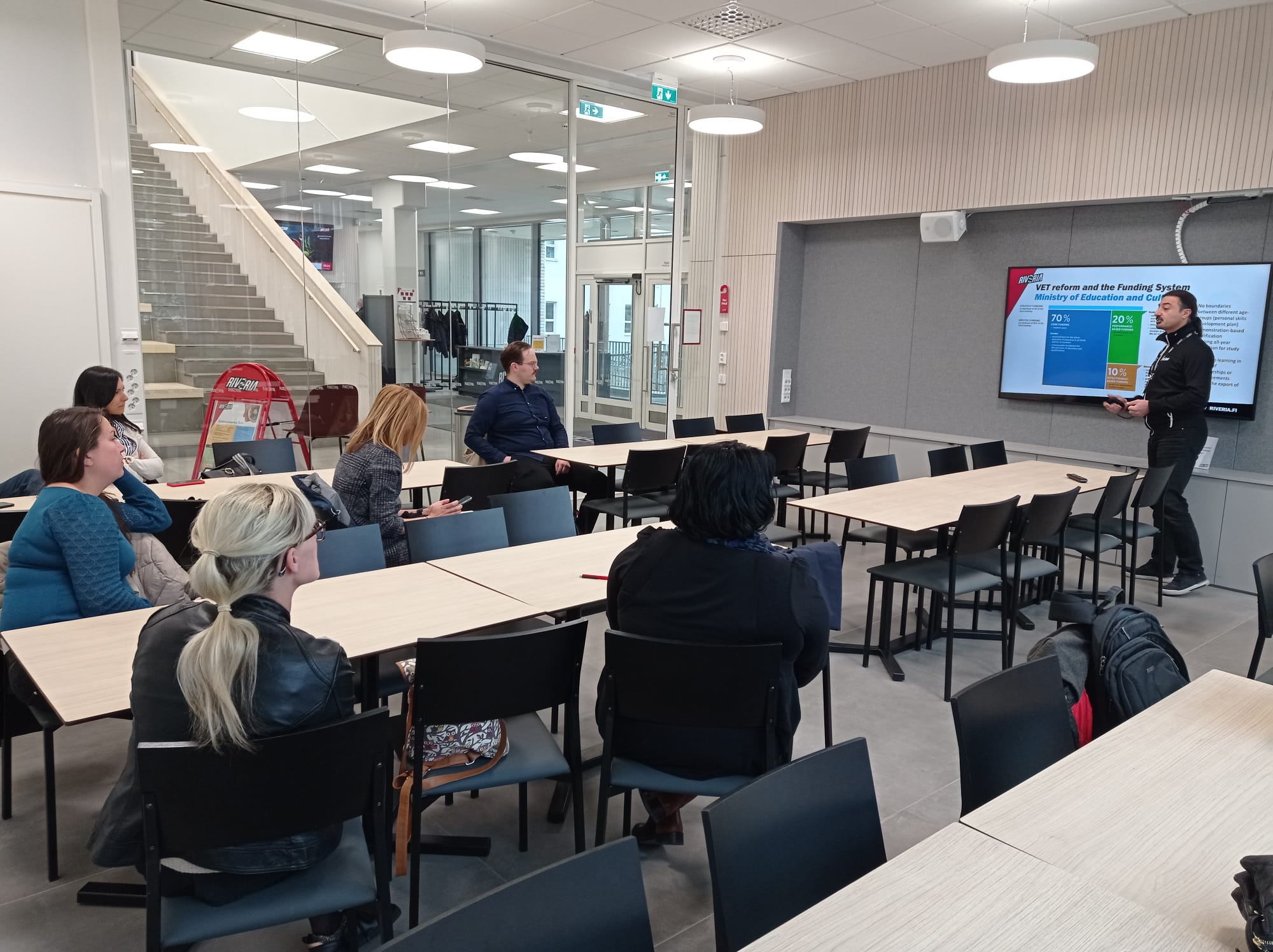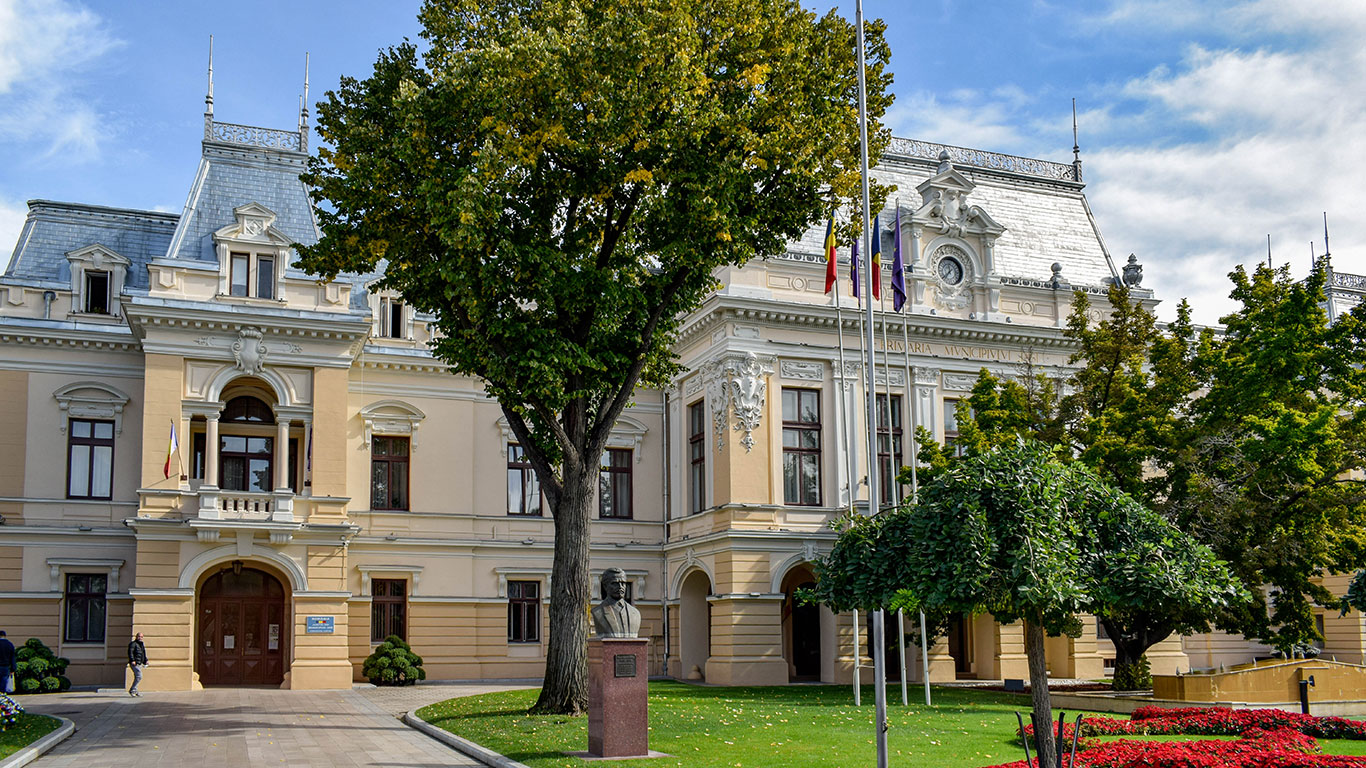The CLEAN project has moved one step closer to extra funding from the Monitoring Committee, thanks to the progressive activities that are planned to be taken place in the Region of Normandy (France).
CLEAN French project partner, Les 7 Vents, recently saw the approval of their Regional Action Plan where they described actions that the organisation would undertake to reduce CO2 emissions in the region. These actions included: Normandie 50/50 and Training to daily ecological practices.
During the Regional Action Plan development, representatives from Interreg Europe highlighted that partners were eligible for additional funding that would aid the implementation of one of the region’s Pilot Actions. Therefore, Les 7 Vents opted to nominate their Normandy 50/50 action for these additional funds.
The pilot action is dedicated to testing a new methodology, to raise awareness on energy use (and more broadly on sustainable development) in a Norman primary school, a middle-school and a high school. It is inspired from a Cretan and Slovenian practice which consists in creating incentives to encourage the reduction of energy consumption and the adoption of low energy habits. Along with activities and awareness raising measures, the action consists in evaluating the consumption of the building, and to distribute 50% of the savings generated thanks to the action, to the school to create new pedagogic projects. If successful, this pilot action will be disseminated in other Norman schools.
The 50/50 methodology
It aims to mobilize energy savings in public buildings through the increasing of energy awareness of the building users, actions to save energy and an economic incentive consisting in sharing the savings achieved equally between the building users and the local authority which covers the energy bills. Normandy has implemented several actions designed to raise awareness in schools and this pilot aims to complement those actions with the methodology. The general objectives followed are:
- Giving the opportunity to the local facilitation structures to inspire from methods which proved themselves efficient abroad.
- Favouring and promoting transnational exchanges on common problematics to EU countries.
- Integrating schools’ stakeholders in the financial scheme of the device and valuing their implication to maintain the actions on the long run.
- Giving incentives for building users to engage in energy savings thanks to bill reductions that could be invested in new pedagogic projects.
- Sharing knowledge on energy use stakes through observation & experimentation, and contributing to a better understanding of school programs.
- Bringing together a diversity of stakeholders around a common project to generate engagement and behavioural change.
- Fostering the implementation of energy savings actions and more generally developing a sensitivity to sustainable development stakes.
To achieve these goals, different kinds of activities will be undertaken including awareness raising activities on energy use, sustainable development and the environment, energy audits of the schools and monitoring of the consumption, identification of possible solutions to save energy, thematic weeks or days and finally communication on the results of the action including evaluation and sharing of the financial gains. The main results expected from this action are net savings in the buildings, engagement of the people who benefited from the activities proposed, a measure of viability of the changes engaged a trigger to push towards behavioural change.
The proposal for extra funding to implement this pilot action has successfully completed the first stage of the process and has been approved by the Joint-Secretariat for submission to the Interreg Monitoring Committee. It is hoped that the proposal will be approved so that Les 7 Vents may complete testing of the Normandie 50/50 methodology in the region. This will address the common challenge of the CLEAN project to identify how to best meet EU energy efficiency targets for buildings in Europe’s regions.
